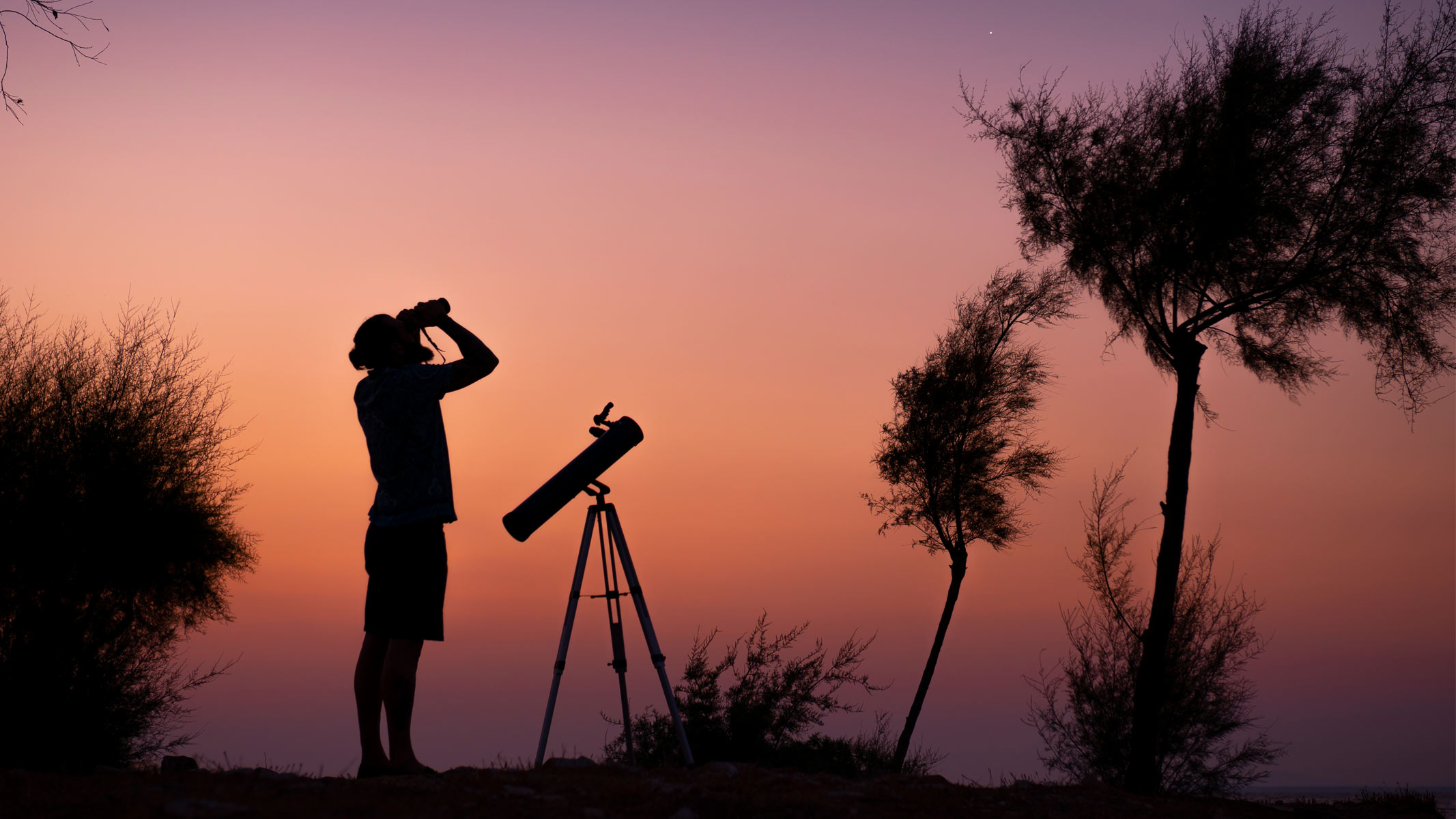Advanced Earth-monitoring JPSS-2 satellite is 'go' for liftoff on Nov. 1

Breaking space news, the latest updates on rocket launches, skywatching events and more!
You are now subscribed
Your newsletter sign-up was successful
Want to add more newsletters?
A powerful weather satellite is all set to launch early Tuesday morning (Nov. 1) — provided the weather cooperates.
The Joint Polar Satellite System-2 satellite, or JPSS-2 for short, and its United Launch Alliance (ULA) Atlas V rocket passed their launch readiness review, mission team members announced on Friday (Oct. 28).
The milestone keeps the duo on track to lift off from California's Vandenberg Space Force Base on Tuesday at 5:25 a.m. EDT (0925 GMT; 2:25 a.m. local California time). You can watch the liftoff live here at Space.com when the time comes, courtesy of ULA.
Related: Powerful new Earth-monitoring satellite JPSS-2 to study weather's 'butterfly effect'
There must also be good weather on Tuesday, however, and that's far from a guarantee on the chilly, often foggy Central California coast. Indeed, the latest forecast gives just a 40% chance that Mother Nature will let JPSS-2 get off the ground on Tuesday.
One of the main concerns is thick clouds, which can serve as a spawning ground for lightning during a launch.
"Rocket-triggered lightning occurs when a cloud has an electric field," Capt. Zack Zounes, a launch weather officer with the U.S. Space Force, said during a JPSS-2 press conference on Friday afternoon. "It's not strong enough for lightning, but if you add a conductive object like a rocket to the electric field, it enhances it."
Breaking space news, the latest updates on rocket launches, skywatching events and more!
If JPSS-2 can't fly on Tuesday, the mission's next opportunity will come on Wednesday (Nov. 2). There's a 60% chance of good weather on that backup day, Zounes said.
🚀🛰#JPSS2 is GO for launch!Launch teams for the third satellite in NOAA’s Joint Polar Satellite System have cleared the Launch Readiness Review! The LRR also included info about the rideshare tech demo, #LOFTID.Liftoff is set for Nov 1 at 2:25am PDT! https://t.co/qQEKQkntbx pic.twitter.com/yjNTOHjPWbOctober 28, 2022
JPSS-2 is the third satellite in the Joint Polar Satellite System, a partnership between the U.S. National Oceanic and Atmospheric Administration (NOAA) and NASA. As the name suggests, these spacecraft orbit Earth around the poles, helping researchers keep tabs on the planet's weather and climate.
JPSS-2 is outfitted with five instruments, which will gather a variety of data about our planet. This information will improve weather forecasts and aid scientists' efforts to understand and monitor the impacts of climate change, among other uses, NASA and NOAA officials have said.
You can read more about JPSS-2's instruments and the work they will do in our science story.
Also going up on the Atlas V on Tuesday is a technology demonstration called the Low-Earth Orbit Flight Test of an Inflatable Decelerator (LOFTID).
LOFTID is an inflatable heat shield, a type of structure that researchers think could help extremely heavy payloads touch down safely on Mars and other planets. LOFTID will deploy from the Atlas V's upper stage about 75 minutes after liftoff and then come screaming back into Earth's atmosphere, letting scientists and engineers see how this potential landing tech performs in an extreme environment.
Mike Wall is the author of "Out There" (Grand Central Publishing, 2018; illustrated by Karl Tate), a book about the search for alien life. Follow him on Twitter @michaeldwall. Follow us on Twitter @Spacedotcom and on Facebook.

Michael Wall is a Senior Space Writer with Space.com and joined the team in 2010. He primarily covers exoplanets, spaceflight and military space, but has been known to dabble in the space art beat. His book about the search for alien life, "Out There," was published on Nov. 13, 2018. Before becoming a science writer, Michael worked as a herpetologist and wildlife biologist. He has a Ph.D. in evolutionary biology from the University of Sydney, Australia, a bachelor's degree from the University of Arizona, and a graduate certificate in science writing from the University of California, Santa Cruz. To find out what his latest project is, you can follow Michael on Twitter.
